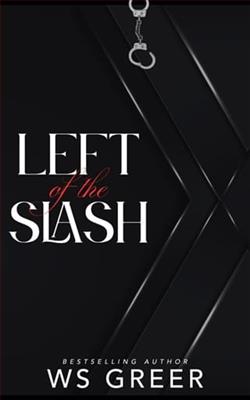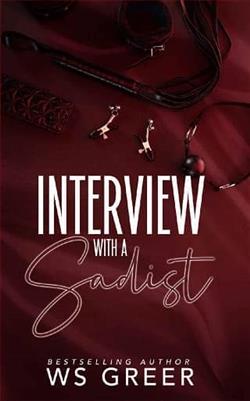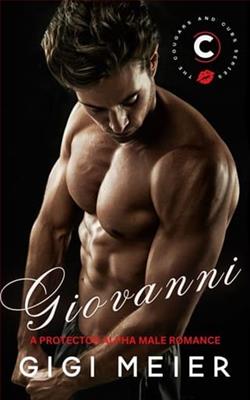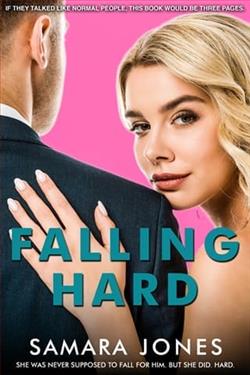Page 35 of Protected By the Grumpy Single Dad
“Sorry for what?” I ask, even though the answer is already fogging the inside of my skull.
“He’s just sorry,” Brick says, and if I were a worse father, I’d let that be enough.
The light turns red. I ease to a stop and look over. His fingers are white on the backpack strap.
“Was he climbing with you the day you fell?”
A beat. “Yes.”
The second question tastes like copper. “Did he push you?”
His mouth works once like he’s searching for language. “He said it was a joke,” he says, so soft it could be a thought. “He said he didn’t mean to.”
The light turns green. I don’t move right away.
“Dad, it’s fine,” he adds quickly, like he senses the storm. “He said I can hang out with him now.”
“Because he apologized,” I say, and hear how thin I sound.
“Because we’re friends,” Brick says, and stares out the window so I won’t see the part of his face that doesn’t believe it.
The rest of the drive is silent. Every road sign looks like a warning.
***
One perk of wearing a badge in a small town is that information arrives with a speed that looks like magic, but it’s really just Carla being very good at her job. I ask quietly. The database hums. Andrew Beckett pings: twelve years old, enrolled last week, address on Ellis Way. Parent:Alan Beckett, recent arrival, works remote, long shadow on a past report or two. Not a criminal life. A man who has met the inside of a cell and learned just enough from it to never admit he learned anything at all.
I should loop in the school first. I should speak to the counselor, to Ms. Milly, to the principal. I should start a line of accountability that can hold weight. I can do all of that tomorrow.
Right now, there’s a rubber band stretched tight across my chest. It has the Beckett last name printed on it.
“Can you hang here for a couple hours?” I ask Brick after dinner. “I need to run to the office, sign a few things.”
He doesn’t ask which things. He’s at the age where he knows adults lie to keep kids safe. “Okay,” he says. “I’ll watch the volcano show.”
I queue up his favorite episodes, make sure the door is locked, the home camera feed is up, the water’s full, the remote reachable. His crutches are leaned within reach. He’s fine. He’s safe. He’s mine.
I leave. My hands grip the wheel too hard all the way to Ellis Way.
The house that belongs to the Becketts is new money pretending to be old taste: crisp lines, black trim, a door that probably came with a brochure about “craftsmanship.” The dad opens it after the second knock with a face that says he already regrets the interruption to his life, whatever it is.
He’s my height, all angles and gym time, a tank top doing a worse job than a shirt would at making him look like a person. There’s a ring of arrogance around some men like a smell. It hits you before their words do.
“Help you?” he asks, and manages to make it sound like a joke.
“Evening,” I say. “I’m Asher Vaughn. Sheriff.” I keep my voice neutral. “Your son Andrew is in the same recreation program as my son, Brick.”
Something satisfied flickers through his eyes at the wordsheriff. He leans against the doorjamb like we’re at a bar and I’m a story.
“Okay,” he says.
I keep my hands visible. Palms open. “There was a fall from the school rock wall. My son was injured.”
“Kids fall,” he says. “They bounce.”
“Mine didn’t,” I say. “He fractured his leg.”
That gets a half-second of surprise and then slides off his face like water off wax. “Is this the part where you ask me to punish my boy for something you don’t know he did?”















